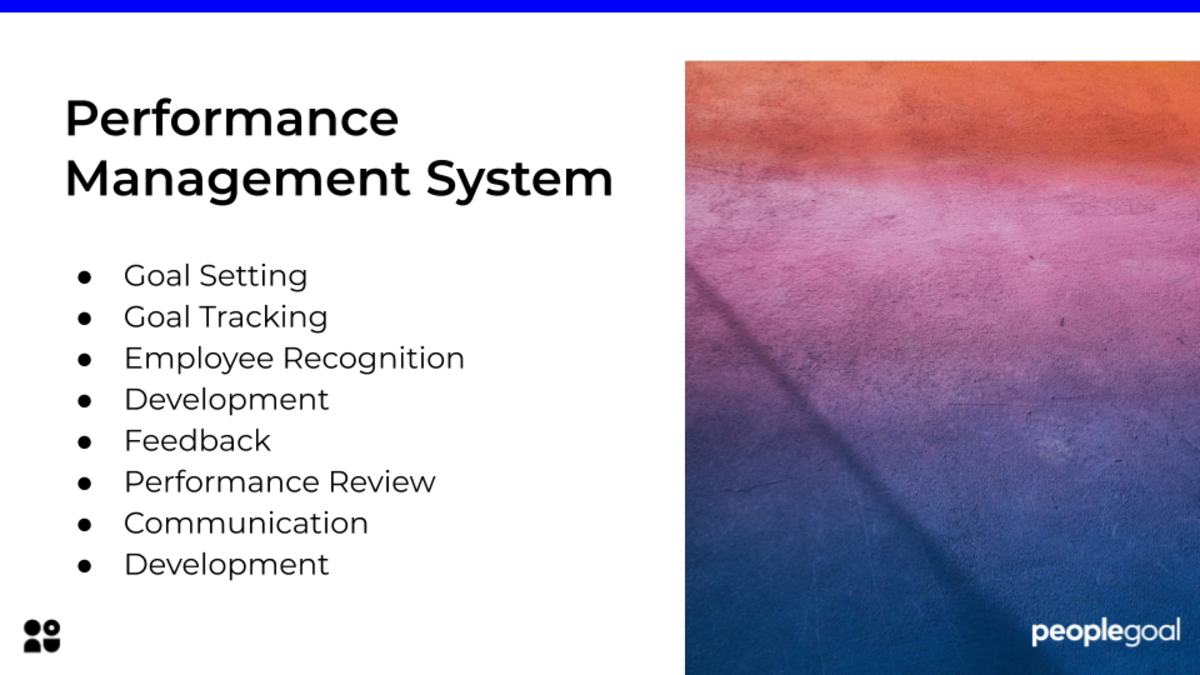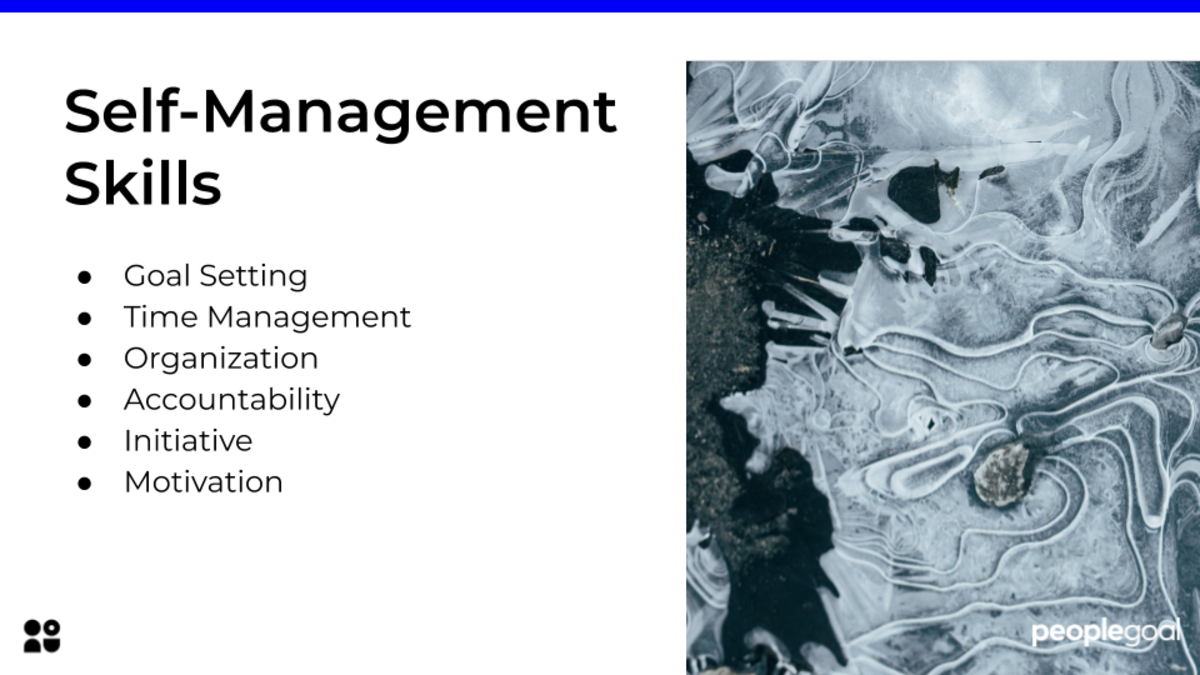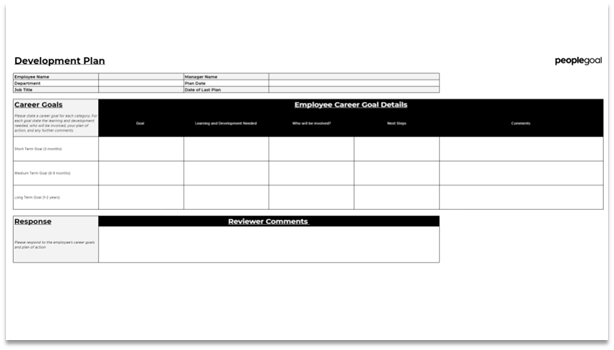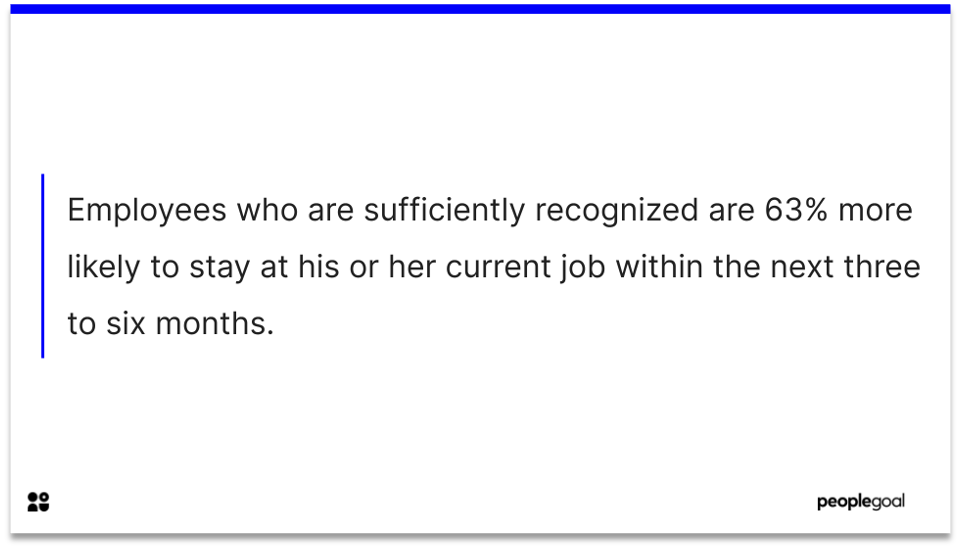Performance management is a set of processes that ensure work activities and output meet and or exceed individual, team and organizational goals. Essentially, performance management promotes and optimizes effective and efficient performance. Performance managements remit can focus on the organization as a whole, department, individual or any processes which manage certain tasks. There is no definitive definition of performance management, but performance management should aim to:
- Establish objectives
- Improve performance
- Promote accountability
What is a performance management system?
A performance management system is slightly different. A performance management system is a tool which uses a systematic approach to communicate goals and objectives to employees. It segments individual accountability, and is essential in goal tracking and performance. These few statements are full of jargon and unnessacrily obtuse terms. Here are the essential elements, your holistic:
- Goal Setting
- Goal Tracking
- Employee Recognition
- Development
- Feedback
- Performance Reviews
- Developmental Elements
- Communication

What is self-management?
Self-management does what it says on the tin really. It is the extent to which you can effectively manage oneself. Self-management is holding oneself accountable, having responsiblity for ones own behaviour and well-being and having self-control to complete goals and tasks. If you’re good as self-management, you can set and achieve goals independently. The classic self-management skills include:
- Goal Setting
- Time Management
- Organization
- Accountability
- Initative
- Motivation
How can performance management systems promote self-management in your organization?
1. Ergonomics
A performance management system helps you say goodbye to endless paper streams and mass filing cabinets. Information and data is kept securely, in one place. It helps individuals manage their time, have a centralized location for the important information. A performance management system reduces processing time and creates a more effective communication network.
2. Goal Tracking
A performance management system is perfect for managing goals. It helps you to manage your goal progress, neccesssary tasks and align them with others’ goals. You can see how you are progressing and other members of your team. Performance management system helps effective goal management. You can self-manage your own goals. review, edit and add goals continuously through the performance cycle. Not just in the beginning or the end of the cycle.
3. Coaching, Feedback and Support
Included in an effective performance management system is the ability to recieve effective feedback and conduct continuous performance reviews. This should help to inform coaching and relevant support. If you want to get better at self-management, it is often useful to get timely reviews and feedback on how you are progressing and developing. It is a neccessary element of developing better self-management skills. An effective performance management system will have proper feedback and review processes in place to help you become better.
4. Clarity
Perfomance management systems help managers and leaders clearly and precisely lay out goals, whether it be organizational all the way down to individual goals. It helps make sure employees are well informed about what the organization expects of them. Performance management systems help translate organizational aims into organizational practice.
5. Structuring of Work and Responsibilities
Self-management has its limits dependent on seniority. An entry level employee has far different reponsibilities and roles than a senior manager. A performance management system helps to outline specific responsibilities so any employee can get on with their tasks, understand their responsibilities and see how their job fits in with the company.
6. Structuring of incentives, advancement and promotions
One that we are all interested in. Merit based incentives, promotions and advancements can be linked to self management and tracked in performance management systems.

Two very distinct facets, but two which overlap and can have an effect each other. Its important to understand and utilize both, for maximum performance.
Ready to 3x Your Teams' Performance?
Use the best performance management software to align goals, track progress, and boost employee engagement.






